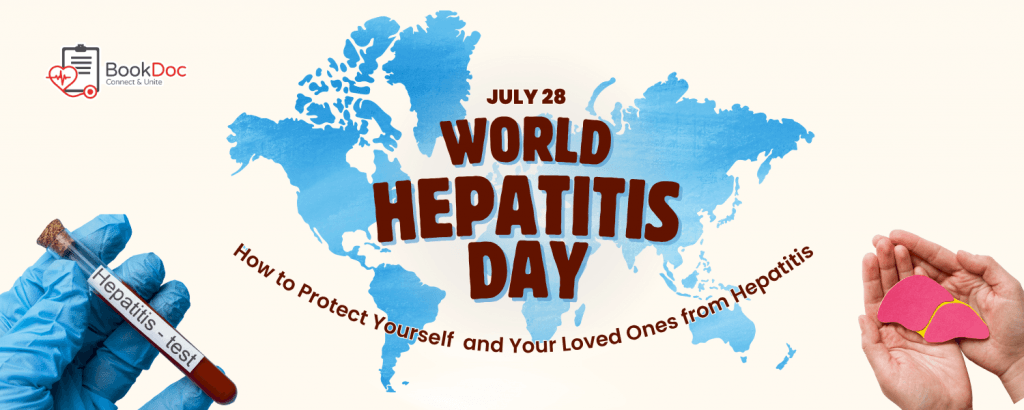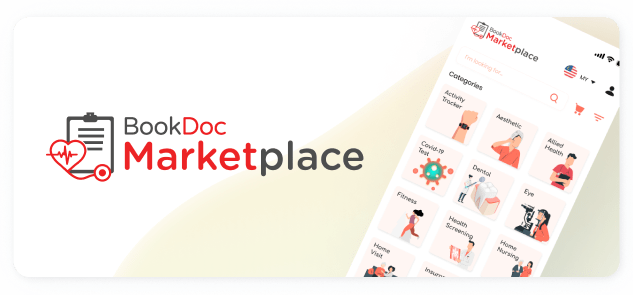
As science keeps moving forward, World Hepatitis Day reminds us that hepatitis remains a significant health challenge. Knowing how to protect your loved ones really matters—simple steps like learning awareness, getting vaccinated, and regular health check-ups can make a big difference in keeping everyone safe from hepatitis.

Hepatitis is inflammation of the liver, most often caused by viruses (types A, B, C, D, and E). It can also result from certain medicines, alcohol, or other diseases. If not treated, hepatitis can lead to life-threatening conditions such as liver disease and cancer.
Transmission of the hepatitis viruses varies by type: hepatitis A and E are primarily spread through contaminated food or water, while hepatitis B, C, and D are mainly transmitted via blood, bodily fluids, and unsafe medical procedures.

- Every year, about 1.3 million people die from hepatitis-related causes, making it one of the top infectious killers globally.
- Roughly 1 in 40 adults in Malaysia have hepatitis C, while hepatitis B remains highly prevalent, especially among those born before the vaccination era.
- Over 300 million people live with chronic hepatitis B or C worldwide.
- Many people don’t know they’re infected because symptoms can be silent for years.


Personal self-care practices for hepatitis focus on preventing infection, protecting your liver, and supporting overall health. Here are key self-care and prevention steps you can take:
- Get vaccinated for hepatitis A and B, especially if you are a higher-risk group, such as healthcare workers or travellers.
- Practice safe sex using condoms to reduce the risk of hepatitis B transmission.
- Avoid sharing personal items like razors, toothbrushes, needles, or drug equipment to prevent exposure to infected blood.
- Wash your hands thoroughly after using the bathroom, before eating or preparing food, and after contact with blood or body fluids.
- Be cautious with food and water. Avoid raw or undercooked shellfish and unclean water, especially when travelling in high-risk areas.


- Ask your doctor about hepatitis vaccines and the Hepatitis Panel blood test, which checks HBsAg, Anti-HBc, and Anti-HBs.
- Share what you learn: Talk to friends and family about hepatitis and how to prevent it.
- Support community health programs that bring care closer to people in need.
The Bottom Line
Hepatitis quietly affects millions worldwide and can deeply impact lives and families, especially where care is hard to find. The good news is that “prevention is cure”—getting vaccinated and practising simple safety habits can protect you and those around you. If you have hepatitis, caring for your liver with healthy choices and your doctor’s guidance is key to living well. By raising awareness, encouraging testing, and making treatment available, we can stop hepatitis from hurting more lives and give everyone the chance for a healthier, happier future.













